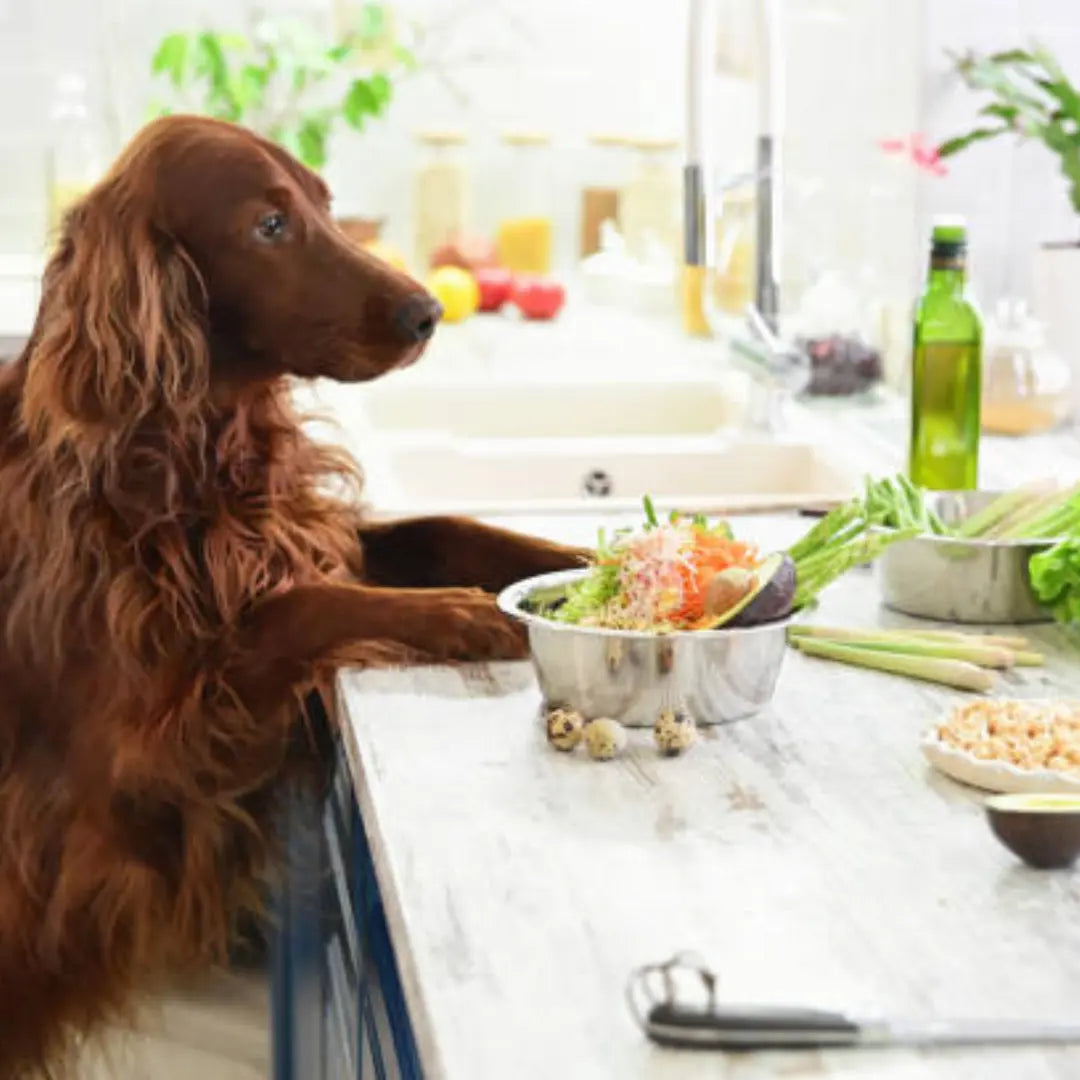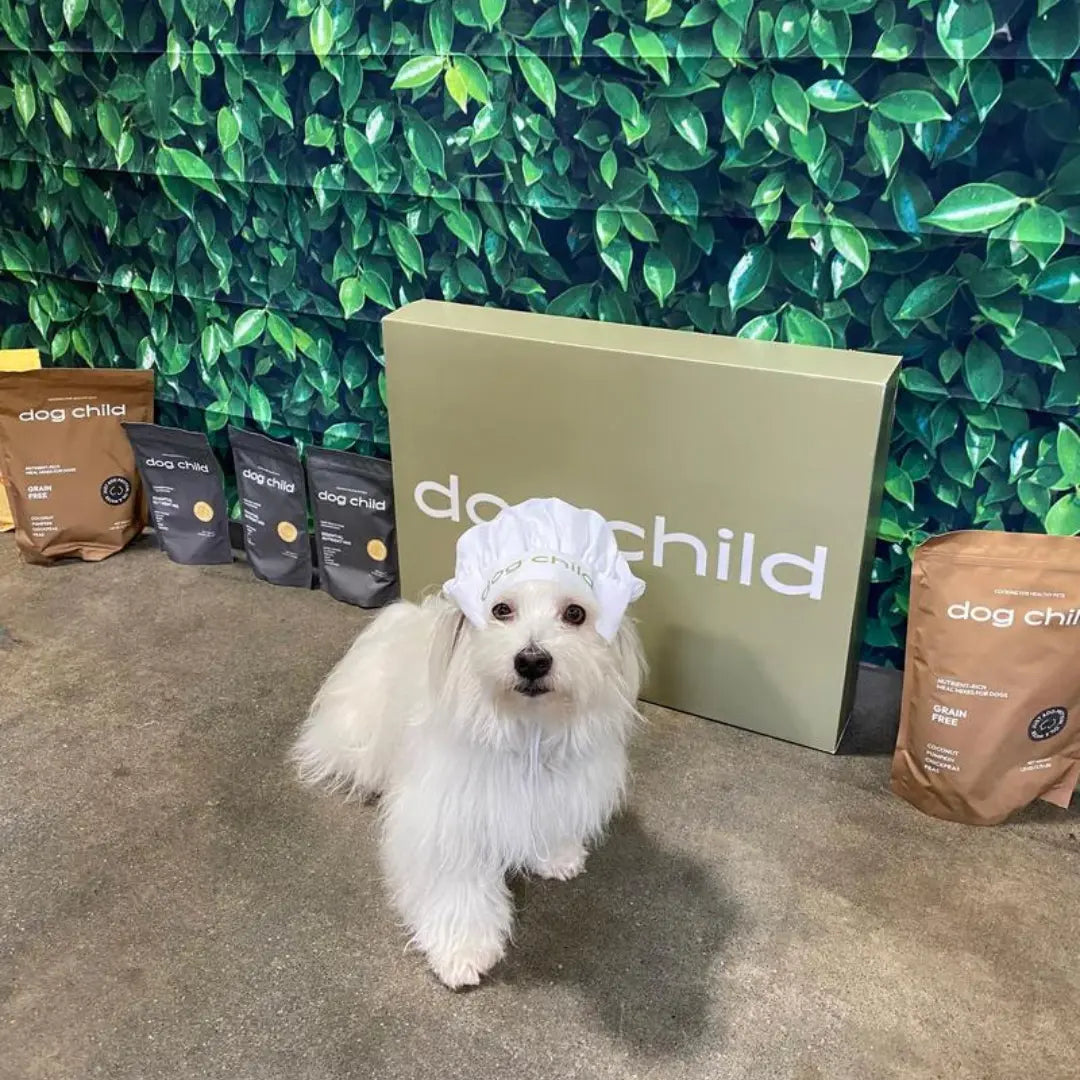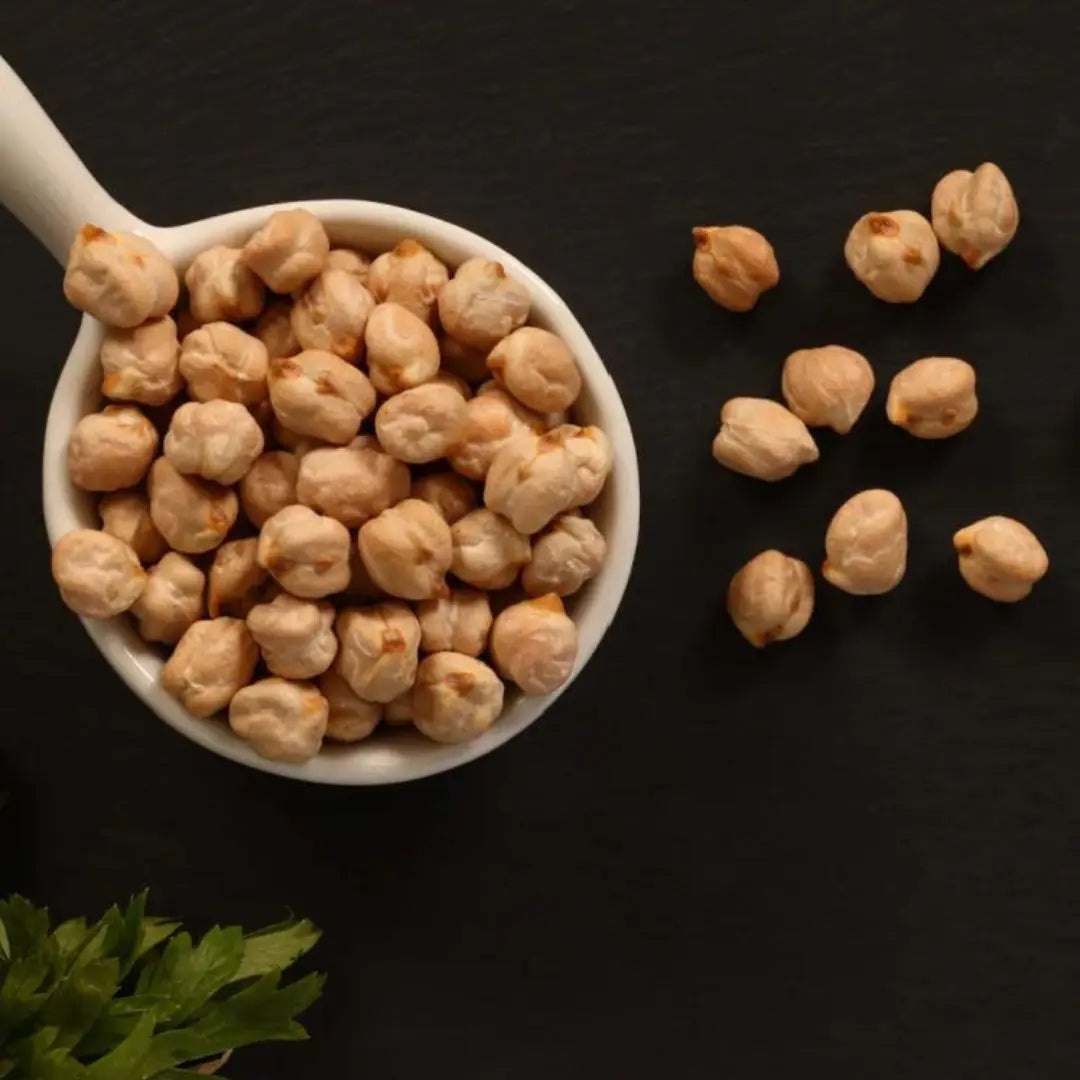You eat vegetables every day and wonder if your dog should do the same. Short answer- Yes! Vegetables have many benefits for your dogs and provide a nutrient-rich source of carbohydrates, vitamins, antioxidants and more. Some of the vegetables that your dog can enjoy are broccoli, brussel sprouts, carrots, celery, peas, pumpkin, sweet potatoes, spinach, zucchini, green beans, cucumber and kale, to name a few. Contrary to some information, dogs are omnivores just like us - meaning they need vegetables and proteins to thrive. This blog post will go further into depth on the benefits of incorporating vegetables into your dog’s diet, how to prepare them, as well as how to feature our Mixed veggie meal mix into your dog’s diet!
Benefits
There are many benefits to feeding your dog vegetables. For example, broccoli is a great source of fiber, and vitamins A, C, E, and K. When adding broccoli to your dog's diet, it is important to cut it into small pieces. Brussels sprouts contain a great source of vitamin C and vitamin K which helps boost dogs’ immunity and improve their bone health. Carrots are rich in dietary fiber, vitamins B, E, C, D and K. Celery is rich in vitamin A, which can help with dogs vision. Peas are rich in vitamins A, B and K and have a great source of iron, magnesium, potassium, fiber and protein. Pumpkins are also a great source of vitamins, minerals and dietary fiber. They are also good for digestion. Sweet potatoes are rich in fiber as well as vitamins B6 and C. Spinach has a great source of magnesium, vitamins A, C and E. Zucchini is rich in antioxidants and helps digestion. Green beans have vitamins A, B6, C and K, as well as great fiber. Cucumbers are rich in vitamins C and K, potassium and magnesium. Kale is rich in vitamins A and vitamin K and Calcium.
Many of these vegetables support your pooch’s overall health, including the digestive tract, vision, immunity, muscles and bones.
Benefits of Cooked Vegetables vs Raw Vegetables
Both cooked and raw vegetables are beneficial for your dog. Some dogs may prefer vegetables being mixed in with their food, while others enjoy vegetables as a quick snack or treat! Always ensure that you are cutting vegetables into smaller amounts to avoid any choking hazards to dogs as well as feed them in moderation. When cooking vegetables for your dog, you want to steam them rather than boil them to ensure they are getting the most out of their nutritional value. Some dogs don’t love raw vegetables, as every dog is different! It’s important to listen to your dog’s needs, and our Mixed veggie meal mix is perfect for dogs that don’t love raw vegetables and ensures they are still getting all the nutrients they need while still being able to enjoy their meal!
How to prepare vegetables
There are different ways you prepare each vegetable. For broccoli, you want to cut it into small pieces and wash it thoroughly. You can add individual pieces to your dog’s food or give them as a treat. For carrots, you want to wash them thoroughly, and you can steam them or serve them to your dog raw. Always ensure these are bite-sized pieces. For green beans, you want to wash them thoroughly, cut the stems off, can serve them raw or steam them. Sweet potatoes are great to dehydrate if you have the option to.
Incorporating them into their diet
There are many ways you are able to incorporate vegetables into your dog’s diet. You can include them as a simple snack, dog treats, or as part of their meal! Vegetables are perfect as they are low-calorie and rich in vitamins, help their digestive system and immune system and ensure a balanced diet. You want to ensure when feeding vegetables to your dog that you cut them in bite-sized amounts vs large amounts to avoid choking. Always ensure you aren’t adding any seasoning to your dog’s veggies. This will keep your dog’s stomach happy!
Dog Child Meal Mixes
One way we’ve incorporated vegetables into our brand is in our Mixed veggie meal mix. Our Mixed Veggie Meal Mix uses a blend of sweet potato, broccoli, pumpkin, and kale to create the perfect balanced mixture for your dog's next meal. This mixture was specifically formulated to help support digestion and gut health for those pups that need a little extra care. Mixing our veggie mix with your choice of protein makes for the perfect balanced meal to support your dog's specific needs, as well as perfect for even the pickiest dogs!
Snacks
Raw vegetables as treats provide many health benefits. Raw carrots raw are known to help clean your dog’s teeth and are filled with beta-carotene. Just always supervise when feeding, as they can be choking hazards. Cucumbers can be a great snack. We even love to add them to our dog’s water. Cook and puree superfood vegetables such as kale can be mixed in with kibble or other food. Cooked vegetables are easier on the digestive tract and can help elevate constipation. Canned Pumpkin is good for upset stomachs and perfect as an occasional treat!
Sustainability tip: Use your vegetable scraps to give to your dog as a part of a healthy snack or incorporate it into their meal!
Our meal mixes are a great way to get picky eaters who don’t touch normally touch vegetables to eat them. Our Mixed Veggie is filled with kale, broccoli, and parsley. Our Meal Mixes are formulated to support your dog’s health with over 75 whole food source vitamins and minerals.
We encourage you to stay connected with our online recipe page to be up-to-date on recipes we make our own homemade dog food and treats using our mixed veggie meal mix!



